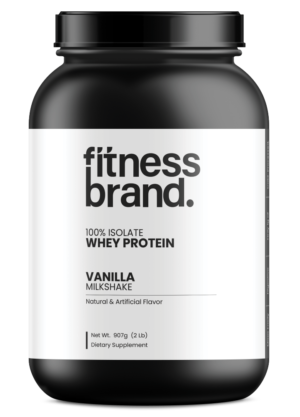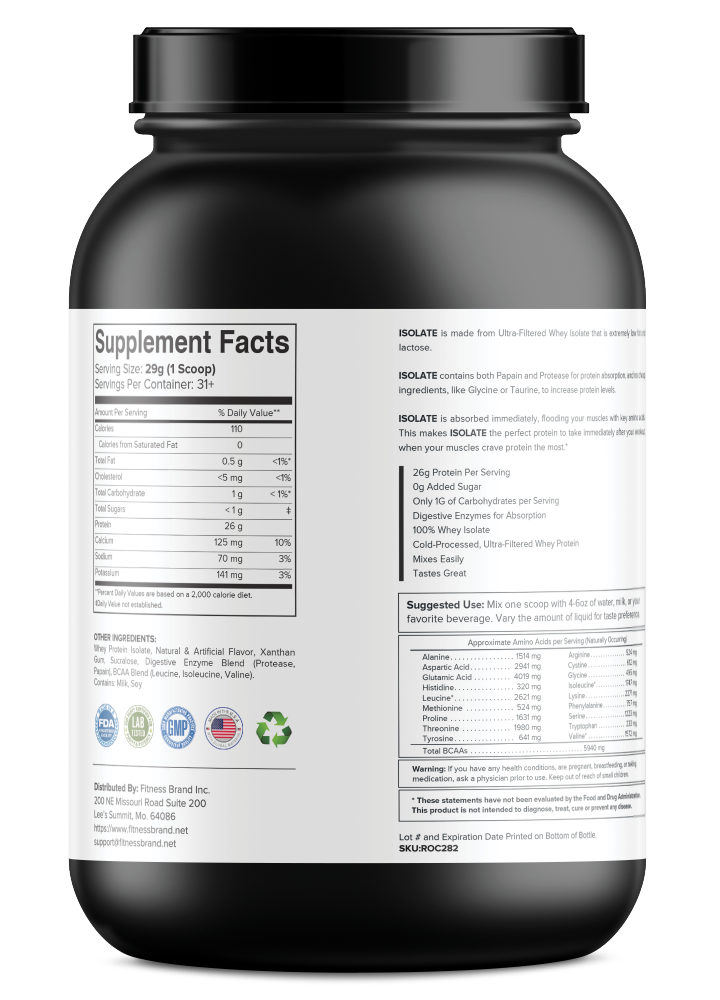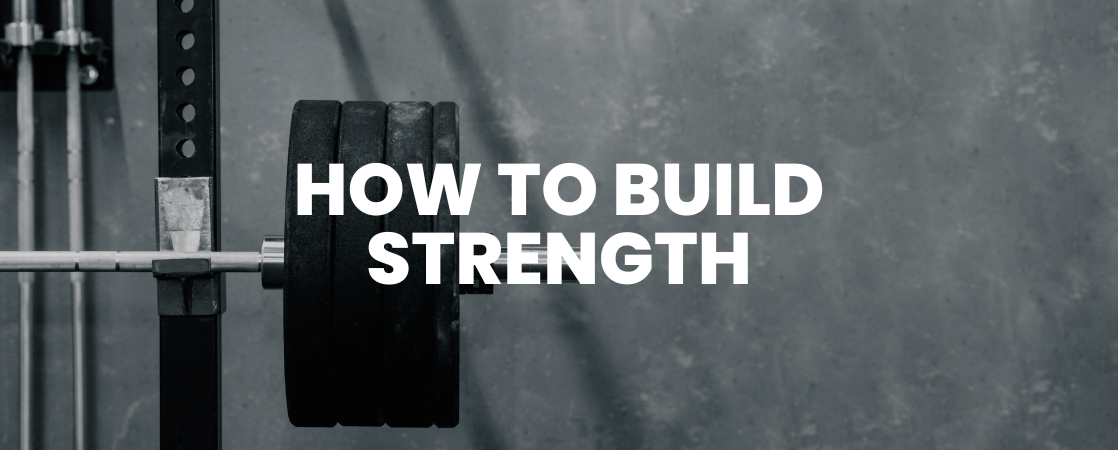


Nutrition plays a critical role in muscle recovery, repair, and growth. Eating the right foods in the right amounts fuels workouts, aids recovery, and maximizes strength gains.
Choosing nutrient-dense foods that support muscle repair and provide sustained energy is key for effective strength training.
A balanced diet rich in protein, carbs, and healthy fats creates an optimal environment for muscle growth and strength gains.
Protein is a building block for muscle, and getting the right amount is essential for anyone focusing on strength.
Meeting protein requirements consistently can significantly enhance recovery and strength gains, especially when combined with resistance training.
While whole foods should be the priority, certain supplements can support strength and muscle-building goals when used correctly.
Supplements can be a helpful addition to a balanced diet, but they work best when combined with a consistent strength training regimen.
Both creatine and protein play valuable roles in strength development, but their functions are distinct.
For optimal results, use protein as a foundational nutrient and consider creatine as an optional supplement for an extra edge.
Category: Strength Building
